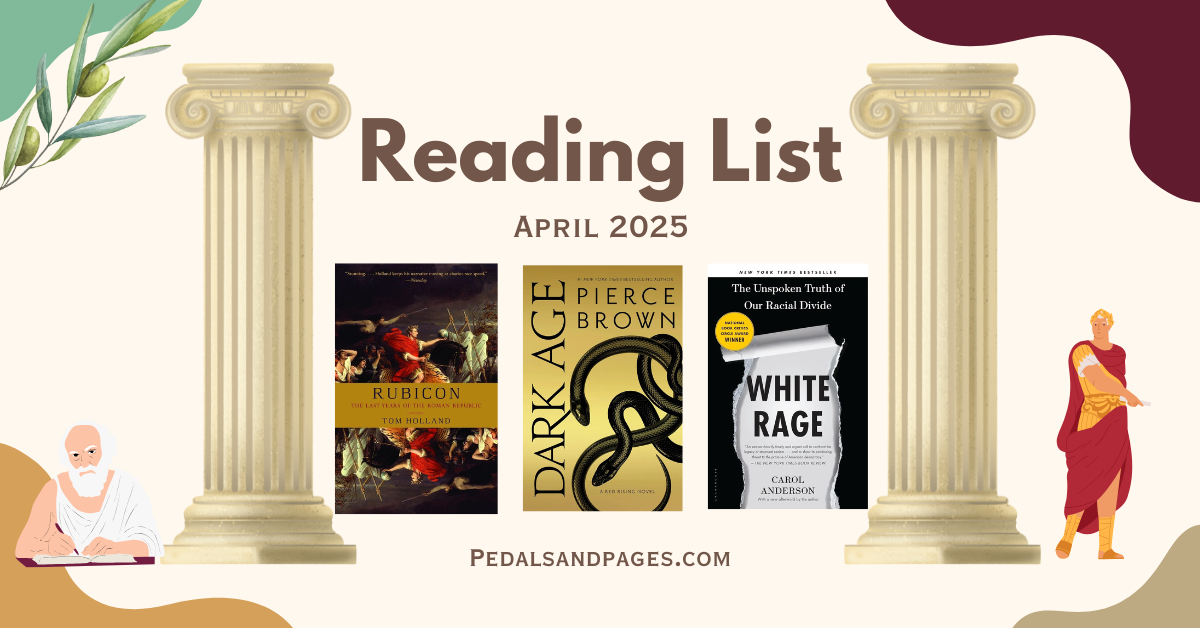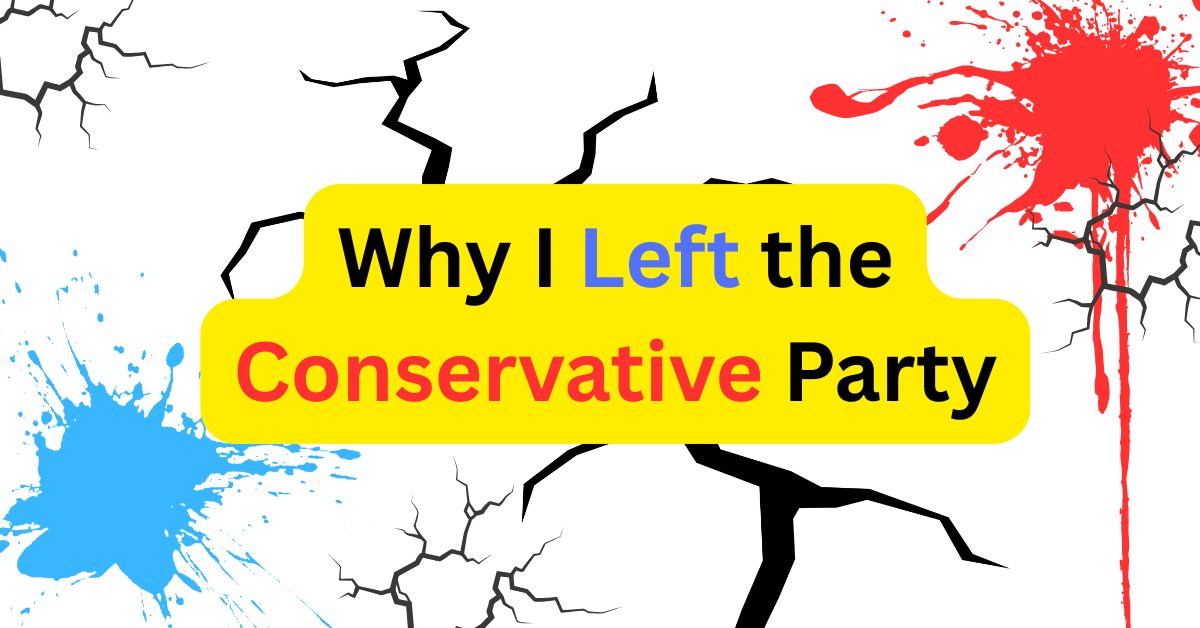On the evening of February 22, 1946, the American diplomat George F. Kennan, sent one of the most famous and strategic diplomatic cables in the entirety of the Cold War. The diplomatic cable was quickly dubbed the “Long Telegram” because, at a little over 5,000 words, it was the longest telegram sent in the history of the State Department. Kennan’s damning breakdown of the enigmatic Soviet government would become the basis for containment in the European hemisphere. Any political science student, including myself, has studied the Long Telegram at length. It is still taught as one of the most important communiqués in modern history.

Fear as the Ultimate Force
When we analyze misinformation and press those who spread it, we begin to see the roots that create the foundation for such lies: fear. As one of the most powerful emotions, next to love, fear emboldens even the most dogmatic of movements. Sticking to our Soviet theme, fear led to the deaths of millions during the span of revolution, civil war, and two world wars. Some of what we can learn from the Soviets follows:
- Fear is a driver of rapid reform and the breakdown of federal systems.
- The decline of Western society has begun internally, much as scholars of the 20th century predicted. While external forces play a role, much of the discourse (or lack of) often finds a genesis in foreign meddling but rapidly proliferates into a 24/7 feed of misinformation.
- Even patriotism can be rooted in fear- as was witnessed during the early days of Operation Barbarossa- in which Stalin rallied the Soviets with lies rooted in patriotic drags (this would later come back to bite the regime in its ass.)
In the United States, as well as in many Western European countries, there appears to be the erosion of modus vivendi—the tacit agreement that enables diverse groups with differing values and beliefs to coexist peacefully. This shared understanding, a cornerstone of democratic societies, has historically enabled political opponents to find enough common ground to function together, even while disagreeing on specific issues. However, as populist candidates gain influence and consolidate power across multiple branches of government, this fragile coexistence is beginning to fracture- and with it- objective reality.
In this new pseudo-reality, we are increasingly seeing truth and facts themselves become secondary to ideology and political expediency. This shift threatens to destabilize the foundations of democracy, as public discourse becomes polarized, and the pursuit of objective truth is replaced by narratives that serve partisan interests. Much like Kennan warned, when truth is no longer the common denominator, citizens lose the ability to hold a shared understanding of reality, making genuine dialogue, compromise, and mutual respect harder to achieve. As a result, democratic institutions—designed to balance competing interests and protect individual rights—are weakened, and the social fabric that once bound people across political divides begins to unravel.
The Fracturing of Institutions
The Long Telegram highlighted the Soviet fear and mistrust of Western institutions. During the COVID-19 pandemic, we saw a similar reality rapidly culminate into misinformation machines. Many on the political Right made false accusations about vaccines, the World Health Organization, the CDC, and other institutions. These streams of misinformation align with the idea of fear being a driver of fanaticism. It didn’t help that many populist candidates- both in the United States and Europe– aided in the spread of these seeds of misinformation. Even in 2024, we are still combatting misplaced distrust in institutions (just look at the conspiracy theories surrounding the recent hurricanes in the US.)
Polarization and Ideological Rigidity
U.S. populism often relies on rigid ideological boundaries, casting those with differing views as unpatriotic or even harmful to society. This polarization divides the population and limits the potential for constructive dialogue, similar to how Kennan observed Soviet ideology preventing cooperation. What we are seeing in the United States is that of a zero-sum game. Identity politics, from all sides, have poisoned our ability to work together for the best interests of the American people.
Populist candidates often gain traction by using a common tactic: blaming a specific group of “others” for society’s problems. This approach appeals to voters by identifying an external source of frustration, fear, or grievance, offering a clear, often simplistic explanation for complex issues. By positioning themselves as champions of “the people” against a perceived enemy—such as elites, immigrants, specific political parties, or minority groups—populists tap into emotions and foster an “us vs. them” mentality. This mentality is the essence of a zero-sum game- and one that is very dangerous.
Manipulation of Truth
In the Long Telegram, Kennan argued that Soviet leaders subordinated truth to their political goals, using propaganda to create a narrative that justified their actions. In the current U.S. and European political climates, populist movements often promote narratives that challenge factual consensus and favor emotional or identity-driven appeals. This manipulation of truth, or disregard for objective facts, contributes to a post-truth environment, undermining the possibility of a shared reality necessary for democratic debate.
Indeed, we find ourselves in a time when personal beliefs and opinions sometimes overshadow scientific consensus, leading to widespread skepticism toward experts and established knowledge. This phenomenon, sometimes called the “death of expertise,” is partly fueled by easy access to information online, where social media amplifies voices regardless of credentials, creating a space where opinions can appear equal, or even superior, to scientific fact.
The greatest triumph of populism is that it has sown a profound distrust of factual information. This is a dangerous shift because truth—which has long served as the foundation of a civil society—is now subject to manipulation. In essence, the group that controls a version of “alternative truth” gains the power to invent narratives at will. A few minutes on Twitter offers a stark illustration of this trend.
The Hypnotism of Populism
It is rather unfortunate to see others fall privy to the promises of billionaires. There is such a strange infatuation with political candidates these days. The same people who shout “You work for us” are also the same people to buy $60 golden bibles and $200 golden shoes. Populists feed off of these acts of servitude, all the more dividing the people whom they claim to serve. A sort of Stockholm Syndrome begins to take shape.
We can draw valuable lessons from the Soviet containment strategy of the late 20th century—but only if we establish common ground where facts prevail over misinformation. Much like the doctrine of containment, we now face the challenge of addressing the rise of dogmatic leaders and their relentless attacks on the foundational principles of democracy and objective truths. If we allow ourselves to yield to the fanatical agendas of powerful elites, we risk losing our claim to genuine freedom.




Leave a Reply